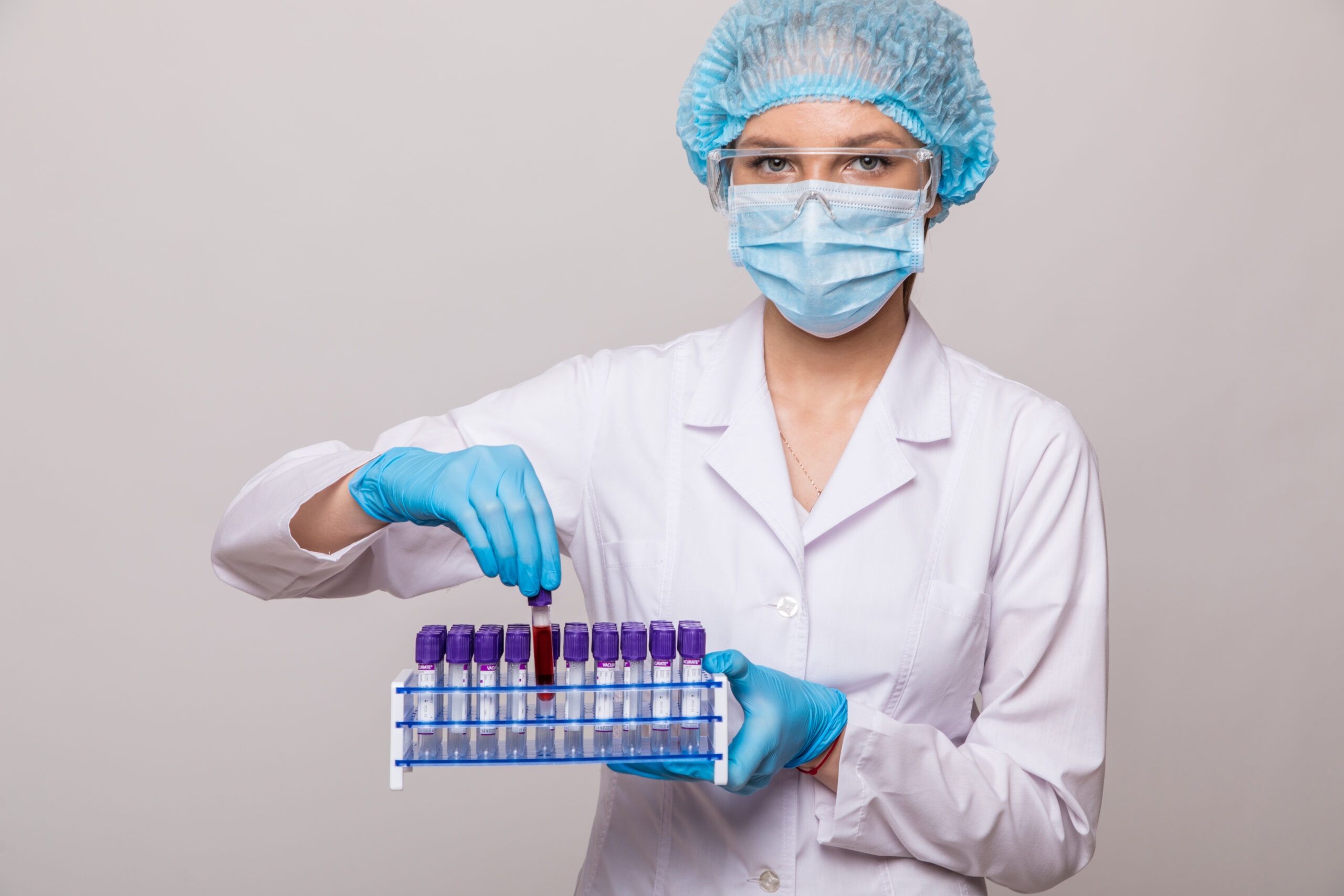
Phlebotomy Technician Certificate Program Overview
Phlebotomy Technicians are multi-skilled allied health professionals that demonstrate proficiency in entry-level ambulatory health care settings.
Learn more about the future Phlebotomy Technician job outlook and salary for our area

Employment of phlebotomists is projected to grow 8 percent in the next 8 years, much faster than average for all occupations and according to the Bureau of Labor Statistics, in Texas the average salary for Phlebotomists is…
Frequently Asked Questions
Attend an Accredited program at a trade school. Upon completion, graduate after passing the national test provided by NAHP before seeking your first position as a Phlebotomy Technician.
A good program length is 1.5 month long, where you will get the important, hands-on experience in the real world. A good Phlebotomy Technician program can be blended with both in person and online training. But overall, do not cut corners with short training programs that will leave you with only the most basic skills in healthcare.
You will learn microbiology and laboratory procedures commonly performed in a physician’s office or laboratory. You will learn learn specimen identification, collection, handling and transportation of procedures and practice venipuncture and routine diagnostic hematology.
This Phlebotomy Technician program is not available in Spanish at this time. The certification exam is only offered in English. However there are ESL classes available that can help refresh your English skills and many classes are offered at little or no cost in the area and online.
You can get a job in the healthcare field as a Phlebotomy Technician as soon as you complete the program and graduate. Most employers also want you to have completed a professional certification.
Pay and salary are based mainly on qualifications and experience. Generally, the more skilled you are and how long you have been working in the field will determine your rate of pay.
Please view this link to see the current salary range for a Phlebotomy Technician. Your ability to earn top dollar will depend on the market, and the wages at the time you hit the workforce.
Phlebotomists primarily draw blood, which is then used for different kinds of medical laboratory testing or for procedures, such as transfusions. In medical and diagnostic laboratories, patients sometimes interact only with the phlebotomist. In donation centers or locations that have blood drives, phlebotomists draw blood from donors. Because all blood looks the same, phlebotomists must carefully identify and label the blood they have collected and enter the information into a database.
In addition to drawing blood, phlebotomists also may collect urine or other samples. They instruct patients on procedures for proper collection and ensure that the sample is acceptable and clearly labeled in its container.
Phlebotomists must keep their work area and instruments clean and sanitary to avoid causing infections or other complications. Some phlebotomists also ship or transport blood or other samples to different locations.


